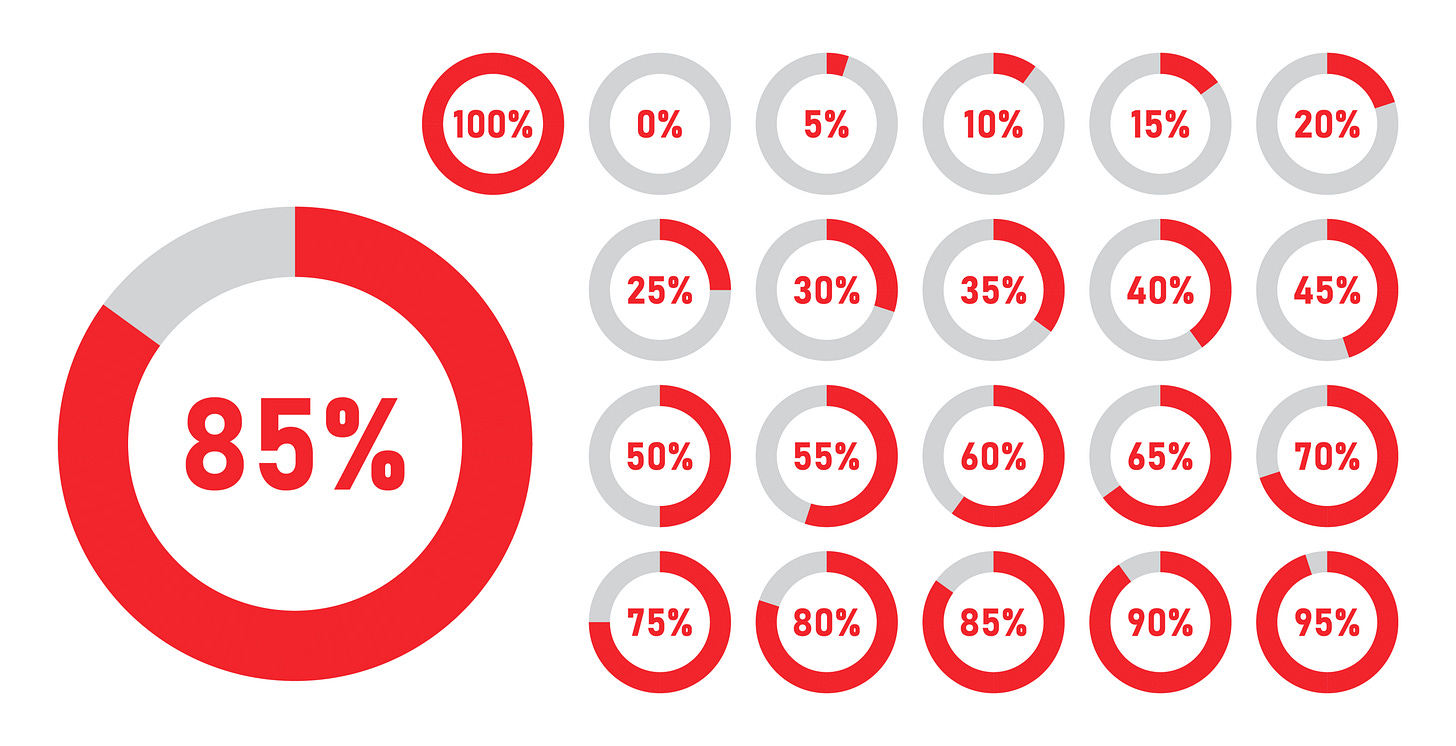teiantAery cheaj 7ev_ven bantreptsea
A summary of procedures, benefits, and perspectives on bancruptcy, from my former temporary status of such
meny of ‘us’ hueofmu’nsofma’n ave non trunk bevereajs in previous 24msec, yet from often (speak)phoen, non phoene nee, fonee, av at ettblett nondifferpersonculty, jenerish cars jenerish chemicals jenerish cheajs chear’s all non-eee ,, non Arth sea ted, sits up down buketts or drops of majear imporantancy to me
A person of very rekent msekohs of ex per ientitia so low lieving
Are guys, the gayteritiv abel are skilltiata at man mun cheaj ov multiple persons, seatiativ lievings such as me guy and gay gay mom dad and I assasinated a lewellyn tetter, skills setsundauters. skillsofresent24’ours’msect msect sect-cultures of won/one persons isolatition their appys their jenerish apps same coffe fees cosst preeveezly to me
drank < 24 menutes aget it blankget→ nn m, setters skillfromleivng in a bed of g;rape’juic fre(e) phoen(e) etc. Lay off imploies gov and it sekstt, the[e] keyroartt p sou -n- soutiatia is two liPs, [e] keyboard is souttiativ cuase gaytkeptions are gay keeping the interttiea of baud ikes, b mugly leeter is cataptails: front> believ believ (sans kan n mm n mm) believ (e) so it is proe prow nuntiatiton the is the [e] literatuire embevers,
my preee’emblematita’preee’idcart card VA OnTropics dislocked ot revolve the plantors plant tent, thus OFF’is’him emblem enn blenn smoom lipp m pp mm
he no hav problem drinkni currenly non drak previs 32 menutes. nnnannnn mmanmunn
close lips nn mm nn
javapleatertia all your computer eyes boreds
but he is dickatarr ybut he is a vetadaagcat but he is ssss he is ssss he is
unter my blank-Get
via the
utter think , or utiliezet (dpmnb fre) , the setter settings tetles.
jenerish app kobees
jenerishmaricants.
Guyofskilltets, skillsetts
your is my app your legs molairite is my chemitrere you oh 2too seee oh 2 imbalasing axross the ozme laiteoffers, yet the emitter emcritize
button buttoks
Setters 10 toes toes non setters 20 toes
all apps are saime, all laps are saime xactolee, all settings are saime all visual stew beef stew men yous are saime
laughter burnhihm burnher burn pat trision ist ism newt
ave neu avenu
my signal to signal raidteo
sooo shall izing con_pleta
all persons of my edge app my windows 11, xacto saime
chairs or pop in out up down seats at table
cowch chair
cow chair
sooofar chiar
teach_er tarrian
admin-er ian
all apps are setters of 20 or 10 toe toes, the she’s knoew best curtial wag my curtain.
Att’ending: inflew conflewhential, arteth proetucall’s ov proxima inverse invers us|es.. Paul, Matt, Jeanne, and Petre - ‘itiks, ‘ered to hym, dearjeannedeere was serrated censAire, ar’cher techtures. Thus, art ikyoulate the necco, in companied ucompanied, thence fromwhence whenvia: left rit, rite aid1st|spondings, theirs is meny many very variabulls involvia.. dim-eeeeeeee dymes. armme’s of legs of numeralizz, of shades/bulbs/numeralizzwazz 2legged youmes
I have been living on fairly low income, less than $65,000.00 per year, from the years 2004 to 2024. During that period, I discovered a different and great way to retain reasonable qualities of daily living, which was a total switch from earlier employment, when my incomes were in the range of $110,000.00 - $120,000.00 per year, in 2025 dollars, adjusted.
The indebtedness plan, versus the ownership plan, does financially contribute to United States economy about as much as via savings account and mutual fund ownership being held with banks (and thus available as monies to banks in the interim).
The indebtedness plan, via making interest payments beyond an unappreciative $0.00 dollars per month, to credit fronting agencies, performs monthly benefit to our United States economy, with that monthly interest > $0.00 going to credit card and loan companies (rather than to conventional banking via savings and mutual funds).
Thus, any trained-to guilt about running a negative net worth, and making interest payments by way of not ‘zeroing credit card balance to zero’ every month, does indeed perform payments to those credit offering companies, in effect paying extra for the very appreciated fronting of monies via credit fronted, or via personal loan fronted. It’s truly more of a ‘big tipping system’ to which societal norms train many of us to feel guilty about.
After 5-10 years of equivalent ‘Big Tipping’ to credit fronting companies
By the time it occurred that no more secured to vehicle personal loans were possible, and credit card frontings were limited to approximately $700 maximum credit fronted per card, then the enjoyable but heavily loaded personal management of various low-limit cards did become year-to-year less performable. Chat sessions to various credit fronting companies I did perform to thank them for augmenting my qualities of living, and to advocate their usage by other persons. I also represented myself as having ‘virtually invested’ in such firms to > $500.00 - $1500.00 total per account, in the form of unhurried payments, aiming to not zero out balances on such accounts, and thus doing my part to ‘spend back’ to those good companies more than zilch per month, in the form of interest, a low-income earners unconventional means of ‘stimulus package’ to money-handling agencies, albeit to / via these sometimes vilified and underrated credit fronting agencies of loans and cards, rather to / via the more reputable stuffing of savings cash value inside bank-secured pillow-cases at bank buildings somewhere, or ‘ownership’ of ‘mutual’ funds, etc.
Understanding the Temporary Bankrupt status
There is one tough aspect to performing bankruptcy proceedings, which could use some improvement in the United States. This is in the form of temporary loss of access to former credit accounts for fronted monies while on fairly low income, the approximately 4 months of which is a hazardous financial period to mentally and physically negotiate through.
Next, overcoming societal standards avidly upheld by older generations, of waiting before reestablishing credit via at least one credit card account, can damage financial powers for both: credit paying persons, and lending institutions/agencies, and thus hindering our United States economies powers to generate funds at such institutions. Payments that go to some interest beyond only principal, are win/win, when kept reasonable: > zero; < humongous, per year.
Yes, paying off the credit card accounts to zero, once per three months, does reset the principal/interest calculation some, yet if performing just 2-4 months per year of not quite draining the ‘interest stimulus to agency’ calculation down quite to zero, does benefit the agency for fronting you or me that financial clout we all appreciate.
The first issue considered by many ‘bank-trained’ persons, is twisted and distorted by ‘good person’ propriety standards, inversely shameful rather than directly shameful.
Put forth by ‘good proper person’ standards, ‘defaulting’ on accounts done via Bankruptcy, ignores that which the card and loan holder did via interest beyond principal only, which was to have formerly contributed an extra $500.00 to $1500.00 (on average) ‘personal stimulus’ to those agencies, over fair-work and fair-play personal contractual association with such good companies. This was formerly gladly performed by most of us later so-called ‘defaulting’ on these greatly benefited (at institution) accounts, and this is cast erroneously: as shameful and negligent.
These agencies and institutions probably understand this far better than the telephone operators they contract to for performing collections. To such monies fronting companies, I suggest changes in telephone collections subcontractors, and thoughtful considerations of better ways of doing business with loan and card holders.
Especially, more assertive summary data sent to ‘cash holdings’ personnel at banks should be provided as proof of card and loan holder very fair recompense provided to the lenders, via interest provided by the loan or card holder. This is of course historical, and this is of course cast as a ‘sad burden upon the loan and card holder’ when actually card and loan holder deliberate selection was involved to present to money fronters with greater than zero interest generation abilities, as is shamefully done by other persons, although many who do this have the valid excuse of doing so to preclude being lectured by their elders.
We card and loan holders are better self-served by way of both being fronted monies, and by being accounted for as having done money fronting agencies fair interaction, by way of gladly paying interest, as was personally selected and contracted by terms. Charitable attitudes to prevent interest payment is crippling, though seemingly vainglorious.
This is a sad entitlement-attitude, from persons in older generations, fomenting card and loan holders to be cajoled repeatedly to have their monies savings-stuffed and fund-stuffed at banks, instead of fairly fronted with recompense to good lenders in the form of ‘interest’ calculations in tandem with ‘principal’ obsessions.
Conventional banks, unappreciative of credit account’s powers for ethical card and loan holders to intentionally setup matters for mutual benefit - to include benefiting card and loan companies with plenty of interest benefit per month, do continue to promulgate these attitudes of pillow-case stashing with banks.
At banking institutions I do consider that there is probably a great divide between those who work the cash-value holdings and those who work the credit card and credit loan monthly interest generators, even though both types of accounts are listed adjacently on logged-in summary home pages.

I consider that the generation of credit and loan ‘interest income’ at banks and lenders does outperform at sustaining plus excelling our United States economy, than does savings and mutual fund stashing at holdings accounts.
Guideline of ‘guyuh and gayuh’ elect’ive greek my’thology, preeveeozzly to elect’Ron in 1980’s.
Personal inflows and outflows, perpendicular to entropical ex`per`insing, of 24 x 30’ish
Daily relatedly of less or more or regular incomes [/15]; or expense non-[/] nor [X]
Daily reference amounts: multiply [non-time`s`quare] via 30, ‘three zet’
Yearly reference amounts: divide via 12, ‘une two’
Monthly reference amounts: reference standard as standard via referring.. ..
was me and sole readers, other than large [`````large`````] female wigs of hairy potter the prince of Charles his sun son etc. JayKay`Rue`dolph, JayKayRaoling, I’m more of JayAreAre Toll kin, in nature, chanjgic. Art’is’non’fice, fischer fee of impetus, or prysh, pryme, prybars muggly.




